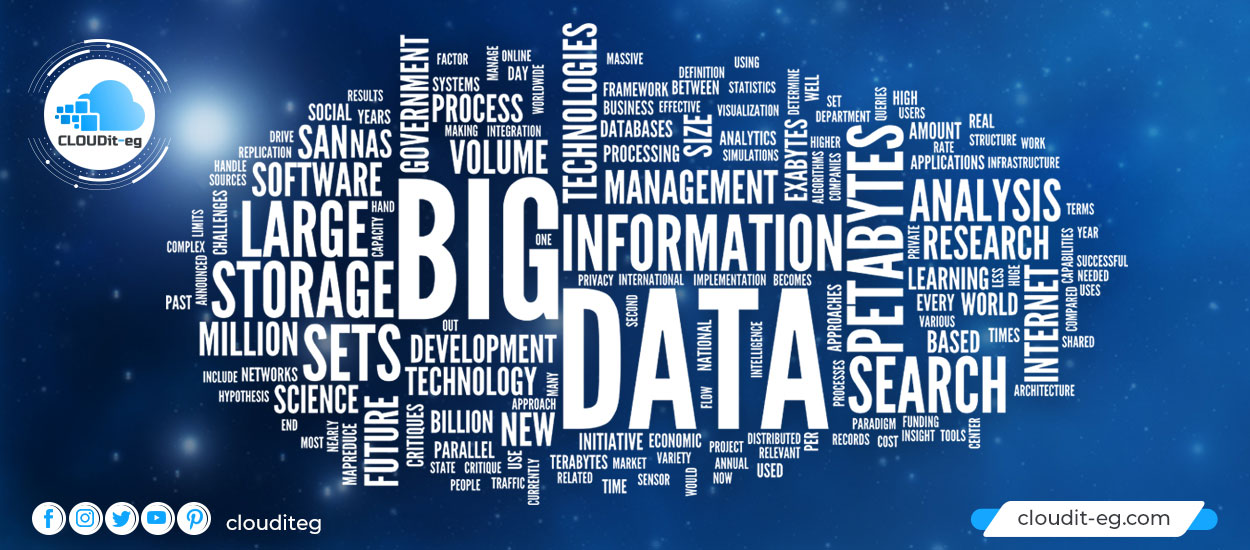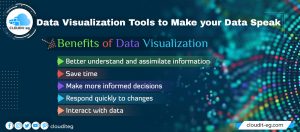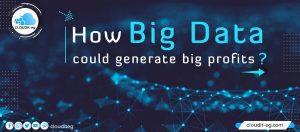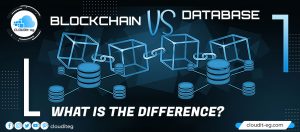The practice is recent, but it is possible to enhance your data as you value your company. Today the asset represented by data is not taken into account. This new methodology would improve the valuations of our companies.
From 10 years on, we hear that data is black gold and that the value of a company is its data. We see business leaders saying that they are sitting on a pile of gold because they have a lot of quality data. Yes, but when you ask these same business leaders.
How much this data is worth, it is extremely rare that they answer and give a figure.
How do you achieve the maximum benefit from the company’s data?
1. What data?
A business has many, many categories of data. Even if many data analysts and marketers believe that this breakdown is inappropriate, European law (and more generally regulations around the world) has categorized data in particular as follows:
Personal data
(regulation of April 26, 2016 – “RGPD”) / non-personal data (regulation of November 14, 2018)
Public data
(governed, in French law, in particular by the code of relations between the public and the administration) and private data (governed in particular by the law of January 6, 1978)
Each category can be divided into subcategories. For example, personal data can be sub-divided into sensitive data / non-sensitive data.
Public data can be categorized as data that can / must be communicated to the public as open data / confidential or non-communicable data.
This panorama is not exhaustive and can obviously be discussed by many professionals as this division is indeed very legal. The fact remains that is the law.
If we accept to take into account these categories of data, we could reasonably consider that a company is above all interested in personal data (specific to a prospect, a client, a partner) rather than a private nature (B2B or B2C ). As such, it seems that this type of data has a more obvious utility for business (for prospecting purposes, customer knowledge, optimization of tools, etc.) than non-personal technical data for example.
2. What valuation?
Even if it is easier to value the personal data of prospects and customers that can be directly studied and used, any set of data can be valued.
Despite the progress of work on the IAS and IFRS standards, it is clear that at this stage, no consensus on the valuation of the data exists. If the rules for immobilizing the means of building up databases have existed for a long time, the data in itself is not subject to accounting rules for valuation. In other words, there is no accepted rule for data valuation. The reasons are multiple but are mainly due to the fact that there are little materialization and documentation of this asset. Professionals would thus be afraid of totally fanciful valuations, on unreal bases, and solely based on the fantasies of the accountant or business manager.
On the other hand, nothing prohibits carrying out a “financial valuation”, that is to say, the valuation of an asset, a product, or a service, on a given market depending simply on supply and demand. . Financial valuation is, therefore, the price that a market player is willing to pay to obtain said asset. This is exactly what shareholders of a company do when they want to raise funds or sell: a valuation of their company. This financial valuation has no accounting aspect and doesn’t exist within the record.
Very concretely and formally, the financial valuation is a document emanating either from a regulated profession (chartered accountant, etc.) if we want the valuation to be opposable or from an unregulated company if there is no need for opposability of the valuation. It will be exactly the same for data valuation.
3. What stages of reasoning?
To be able to make a valuation of a company, it is necessary to follow a certain reasoning and a certain methodology. For data, it’s exactly the same.
Concretely, to financially enhance a set of data, it is necessary chronologically:
A. Validate that the company has the right to have the data concerned
If the company does not have the right to have this data, it is of no value to it. This step may seem obvious, but, 1 in 3 companies use certain data in complete violation of the law.
For example, for the personal data of customers intended for prospecting, their subscription must be checked regularly. This work of validating the legality of data collection is based mainly on the conditions of collection:
- on a site or u;
- app, the General Conditions and the collection text (in particular the GDPR notices and the opt-in or text for cookies);
- by a third party, the terms of the contract, or the General contractual conditions;
B. Determine what the company has the right to do with the data
If the business has data that it doesn’t have the right to do anything with, it’s worthless to them. This step consists of determining the possibilities of using the data, and in particular with regard to:
Applicable laws:
- the commercial code for data covered by business secrecy
- the national defense code for data covered by defense secrecy,
- by the GDPR and other texts for personal data of prospects/customers or commercial data;
- For personal data, texts (privacy statement / General Conditions / RGPD mentions) which must specify the purpose of data collection.
The more widely the data collected can be used, the more valuable it will be. It is also in this regard that we must pay close attention to these legal texts.
C. Confirm the quality of your data
Like any asset, the more valuable it is. For data, they must meet at least the following criteria: To be
- Complete, accurate, legible, consistent;
- Fresh/recent;
- Structured and available;
- Traceable, have documented history;
- Secure, accessible only by authorized personnel.
D. Finally define the financial valuation of the data set considered
It is finally possible to determine the valuation of the set of data taking into account the following parameters:
- The purposes and authorized frameworks for the use of data define the markets in which the data can be valued (for example, the bank credit market uses more data, whether for prospecting purposes, customer knowledge, fraud, as the lawyer sector);
- The players in these markets and their appetite for data, depending on the purposes used (for example, if an identification/email/income / needs data set cannot be used for prospecting purposes, it will have much less value only if he can);
The legal and structural guarantees on the data set contractually granted by the data provider allow giving a legal basis to the valuation.




